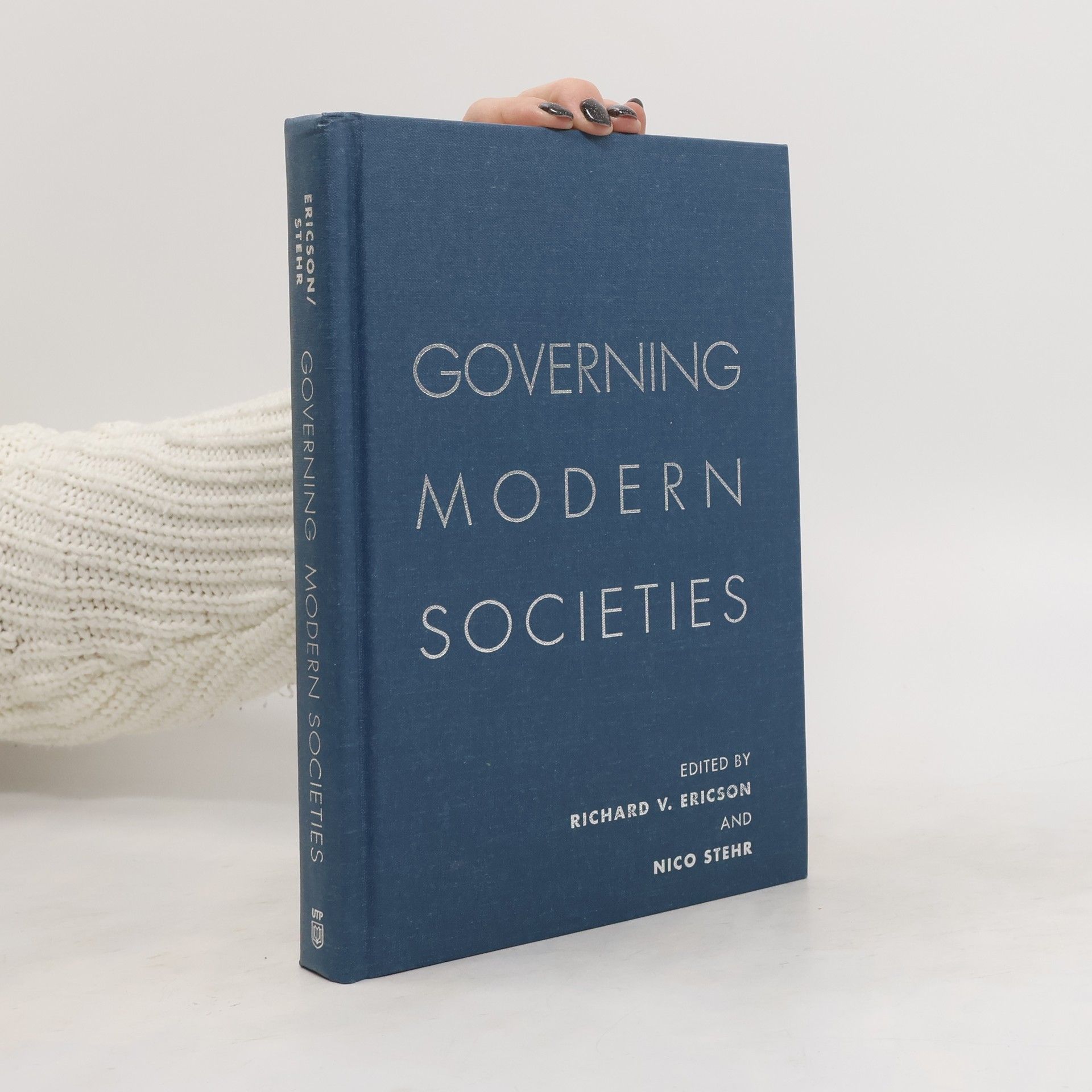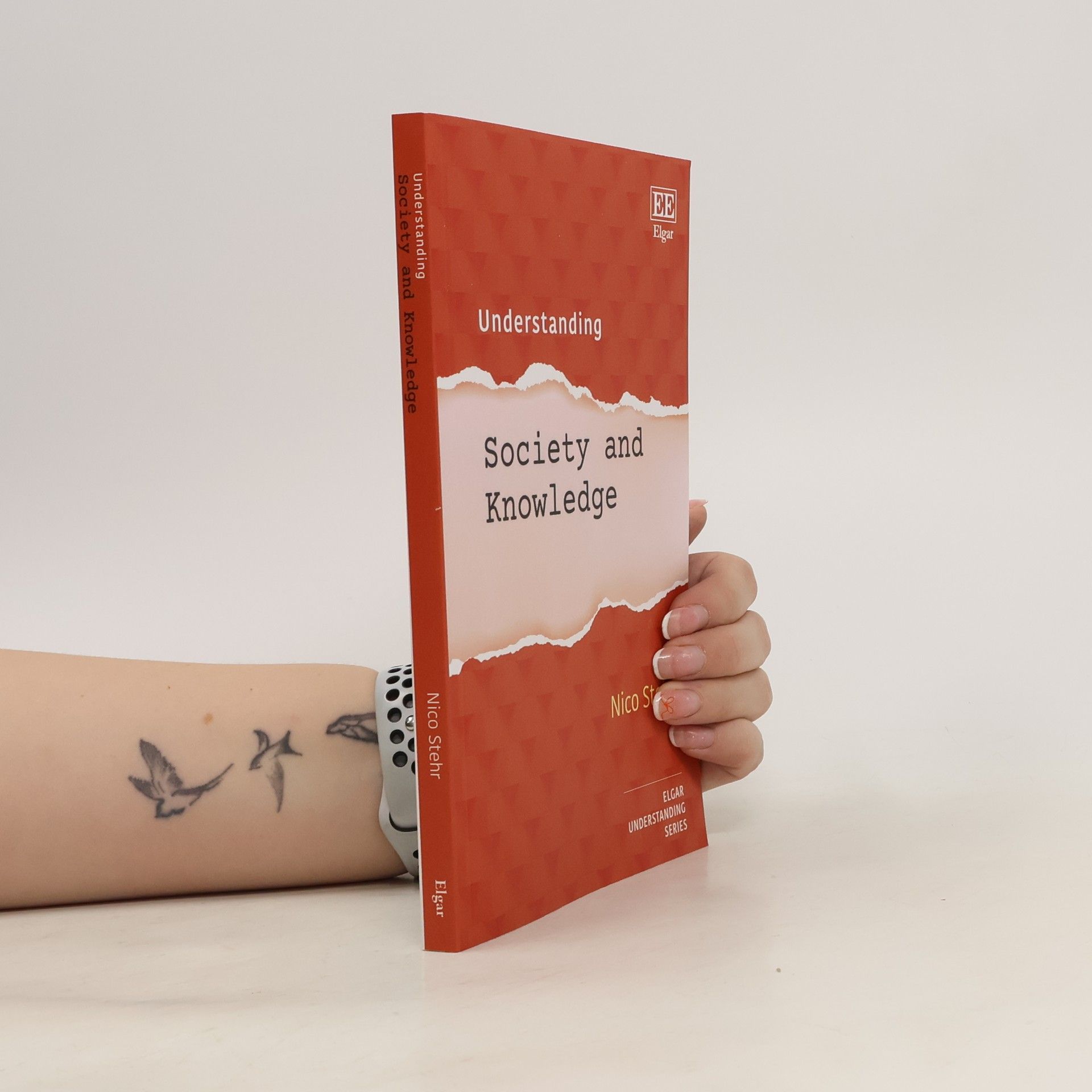Ist Wissen Macht?
Erkenntnisse über Wissen
Die Allgegenwart des Begriffs Wissen macht es zu einem rätselhaften Phänomen. Beladen mit philosophischer Schwere und zugleich flüchtig, bleibt Wissen in den Sozial- und Kulturwissenschaften schwer fassbar. Als gesellschaftliche Größe wird Wissen oft hofiert, jedoch selten klar definiert. Im Alltag verflüchtigt es sich in Routinen, Institutionen und sozialen Figuren, während der Status dessen, was wir wissen, oft verborgen bleibt. Wir unterscheiden selten zwischen dem Wissen von und dem Wissen wie und überlassen es der Wissenschaft und Technik. Doch was geschieht, wenn Wissen als soziales Geschehen betrachtet wird? Welche Aspekte treten hervor, wo finden wir es, und welche Rolle spielt es für die moderne Gesellschaft und unsere Gegenwart? Der Band untersucht die sozialwissenschaftliche Karriere des Wissensbegriffs und dessen Rolle in verschiedenen Gesellschaftsbereichen. Wo und von wem wird Wissen produziert? Wie unterscheiden sich Wissensarten, und welche sozialen Auswirkungen haben sie? Ist Wissen eine Ware, braucht es eine Wissenspolitik, und leben wir nicht längst in einer Wissensgesellschaft? Diese Fragen werden eingehend diskutiert und in Beziehung zu gesellschaftlichen Prozessen gesetzt. Das Buch überbrückt die Kluft zwischen abstrakter Philosophie und der alltäglichen Rolle des Wissens und verdeutlicht dessen zentrale Bedeutung für die moderne Gesellschaft.










